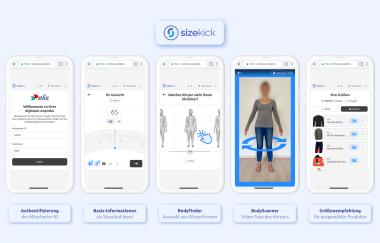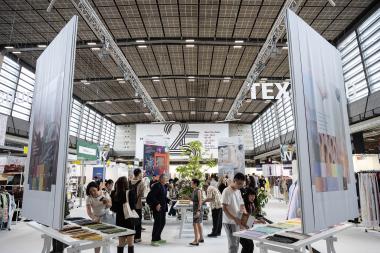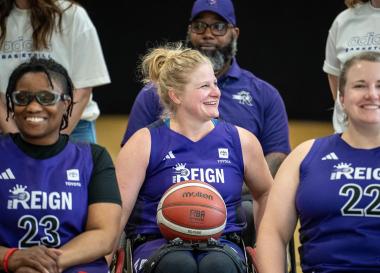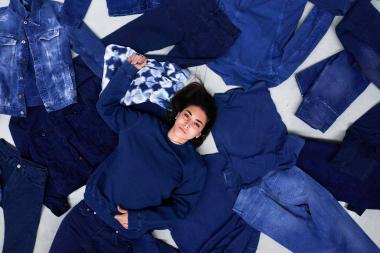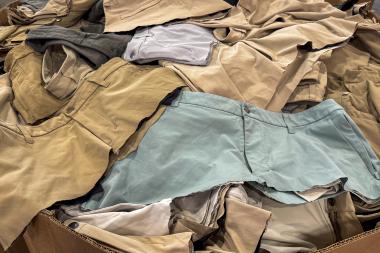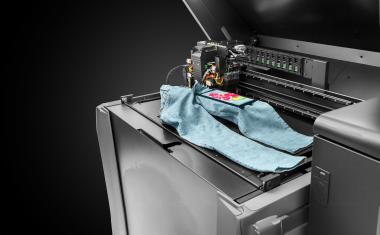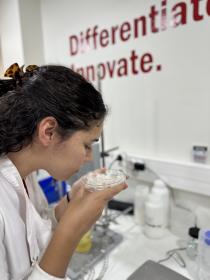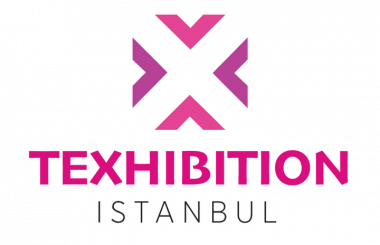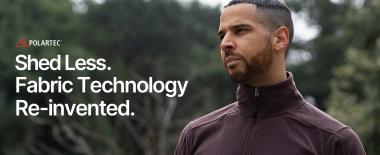Collaboration between Napapijri and Good Earth Cotton
Lifestyle brand Napapijri has released a range of sustainable summer essentials for men, women and kids, using Good Earth Cotton®.
The partnership between Napapijri and Good Earth Cotton® highlights the brand’s aim to source 100% of its materials from regenerative, responsibly sourced, renewable or recycled sources by 2030. The range includes premium knitwear including T-shirts, polos and more.
Good Earth Cotton is a production system verified as having a positive Net Zero position. The Australian-grown program focuses on regenerative farming that improves soil health, enhances biodiversity and sequesters carbon ensuring that it not only has a neutral impact on the environment but net positive one.
One of the most innovative aspects of Good Earth Cotton® is the use of FibreTrace® technology, a real time verification for fibre integrity. Unlike other traceability technologies, FibreTrace® embeds luminescent pigments into the raw cotton, creating a unique signature to verify the fibre and track across the global supply chain. Luminescent pigments are pigments that create physical traceability locked to a scanning device. FibreTrace® also validates the data of the raw cotton fibre and sustainability improvements through the supply chain.
Each product in Napapijri’s Good Earth Cotton® range comes with a QR code on the label which can be scanned to display the products supply chain journey from fibre to store.
FibreTrace / Good Earth Cotton












